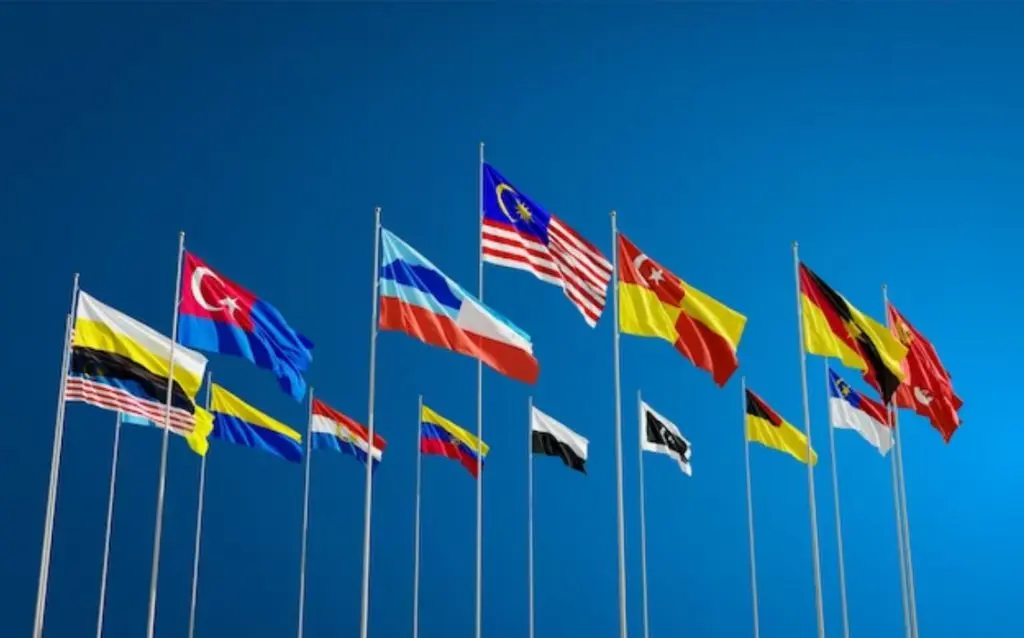
In a significant development that underscores the growing influence of the BRICS bloc, 23 nations have formally expressed their interest in joining the group in 2025. This expansion bid reflects the bloc’s increasing appeal as a platform for fostering multilateral cooperation and challenging the dominance of traditional Western-led institutions.
BRICS, currently comprising Brazil, Russia, India, China, and South Africa, has positioned itself as a major player in global geopolitics and economics. Its focus on promoting a multipolar world order, strengthening trade ties, and fostering sustainable development has attracted the attention of emerging economies worldwide.
A Diverse Group of Aspirants
The 23 countries seeking membership include nations from Africa, Asia, the Middle East, and Latin America. Among the prominent names are Saudi Arabia, Indonesia, Argentina, Nigeria, and Egypt. These countries bring diverse economic strengths, natural resources, and strategic advantages to the table, which could further enhance the bloc’s global standing.
For instance, Saudi Arabia’s inclusion could bolster energy security within BRICS, given its status as one of the world’s largest oil producers. Similarly, Indonesia and Nigeria, as major players in their respective regions, could provide valuable insights and opportunities for economic collaboration.
Challenges and Opportunities
While the potential expansion signals BRICS’ growing influence, it also presents challenges. Integrating new members with varying economic and political priorities could complicate decision-making processes within the bloc. Furthermore, ensuring equitable representation and maintaining the group’s original vision will require careful planning and consensus-building.
On the flip side, the addition of new members could significantly enhance BRICS’ economic clout. Collectively, the bloc could account for a larger share of global GDP, trade, and population, strengthening its bargaining power on the international stage. It could also diversify the group’s expertise and resources, enabling it to address global challenges more effectively.
2025 Summit: A Pivotal Moment
The BRICS summit scheduled for 2025 is expected to be a pivotal moment for the bloc. Leaders from member states will deliberate on the framework for expansion, the criteria for new members, and the strategic roadmap for the group’s future. Observers anticipate that the summit could mark a turning point in global geopolitics, with BRICS emerging as a stronger counterweight to Western-dominated institutions such as the G7 and the IMF.
Read This : Cetoex Made Easy 8-Step Guide to Buying Crypto.
Global Implications
The potential expansion of BRICS could reshape the global economic and political landscape. By providing a platform for developing nations to voice their concerns and collaborate on key issues, the bloc could foster a more inclusive and equitable world order. Moreover, it could challenge existing power structures and pave the way for alternative models of global governance.
As the world watches these developments unfold, the interest of 23 nations in joining BRICS underscores the bloc’s growing relevance and appeal. Whether this expansion will lead to a more balanced global order or introduce new complexities remains to be seen. What is certain, however, is that BRICS is poised to play an increasingly significant role in shaping the future of international relations.